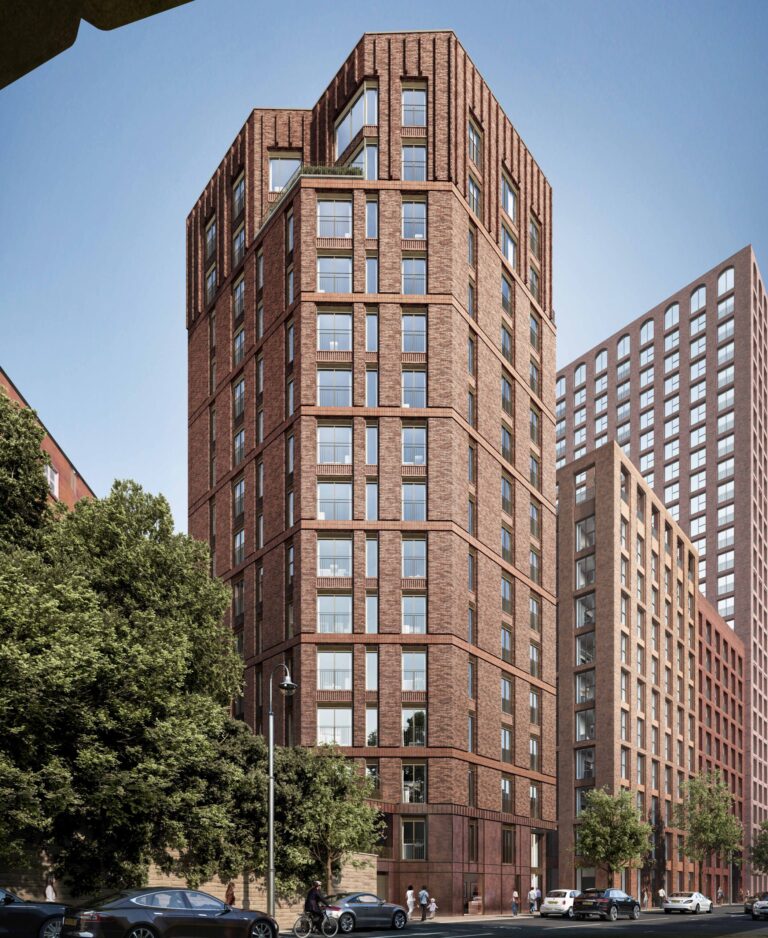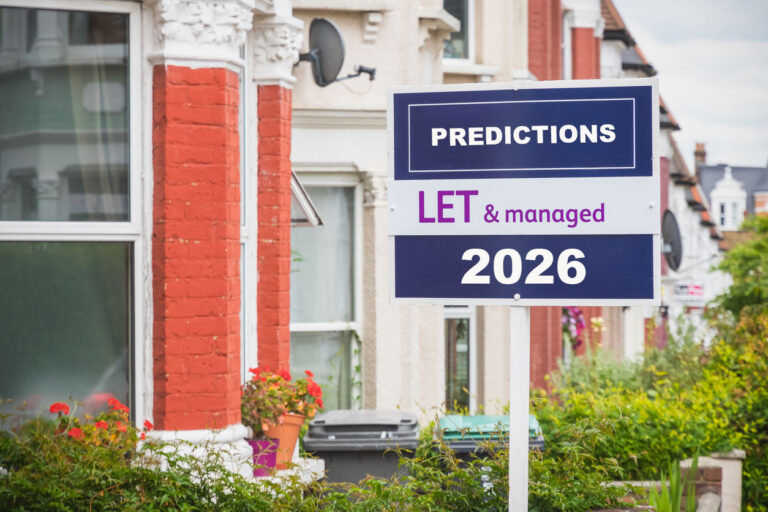After huge turbulence hit US and UK stock markets in the wake of Trump’s tariffs announcements, could we see a positive outcome in the UK housing market?
Last week marked the start of US President Donald Trump’s ‘tariff war’ on the world, sparking global turmoil as he announced a raft of huge levies on the country’s trading partners. It started with a baseline 10% tariff on all imports, with higher tariffs on imports from certain countries, including Asian countries and the EU.
While the minimum 10% tariffs came into effect on Saturday 5th April, from today (9th April) Trump’s new ‘reciprocal’ and higher tariffs will also take effect, with nations facing some huge tax hikes to import their goods into the US. This includes a 54% tariff on goods from China, although Trump also threatened to add a further 50% to this, meaning a 104% levy on some products.
The outlook from economists is that prices of imported goods in the US will rise considerably for US consumers. Goods manufactured in the US using imported components are also likes to see prices go up, such as for vehicles made in the country.
So far, the stock markets have been “in turmoil” this week, with global financial markets plummeting at their fastest rate since the onset of the Covid pandemic in 2020; meanwhile, some economists have likened the results to the 1929 Wall Street Crash, after more than $5trn (£4trn) was wiped off the value of global stocks and shares since last Wednesday evening.
Tariffs and the UK
The new tariffs will undoubtedly impact the UK, with Prime Minister Keir Starmer yet to announce whether it will reciprocate with tax changes on US imports. He has said that the trade talks between the US and the UK are “ongoing” as he “fights for the best deal for Britain”.
Government data shows that last year, the UK exported around £58bn worth of goods to the US, which were predominantly cars (£9bn), medicinal and pharmaceutical products (£6.6bn) and mechanical power generators (£4.6bn).
While some companies, including car maker Jaguar Land Rover, have temporarily paused shipments to the US while they assess the impact of the new trading terms, it seems likely that others will cease export completely, and this could have an impact on the UK economy overall.
Another way that tariffs and ensuing stock market wobbles can affect consumers, whether or not they themselves invest in stocks and shares, is through pensions. Private and workplace pensions are invested into pension schemes, and the value is affected by any volatility within these investments.
Of course, any market volatility is likely to be relatively short-term – but stock markets tend to be heavily influenced by wider political and economic mood swings, adding to the risk of the investment.
UK Chancellor Rachel Reeves is due to meet the US trade secretary, and has declared that “nothing is off the table” when it comes to negotiations between the two countries.
Positive effect for mortgage holders?
According to the head of the Bank of England, UK markets are “functioning effectively” and the country’s banking system is “resilient”.
For mortgage holders in particular, some economists have pointed to the fact that the tariffs could have a positive impact. One investment analyst, Laith Khalaf from AJ Bell, noted that while the new tariffs “might have created havoc in the stock market…there could be a silver lining for UK mortgage borrowers”.
He added: “Interest rate expectations are falling as markets price in the potential economic damage from US tariffs, and the likelihood the Bank of England will respond with interest rate cuts.”
Martin Temple, an economist at Leeds Building Society, said that the market’s reaction so far does point towards interest rate cuts next month, which will be welcome news to mortgage holders.
“With sharp falls seen across Asian, European and US stock markets, underlying interest rates used to price both mortgage and saving products in the UK have fallen steeply,” he said.
“For mortgage customers, this fall is potentially welcome news, as we would expect these lower swap rates to start to feed through into lower mortgage pricing over the next couple of weeks – especially if these falls are sustained.”
The Monetary Policy Committee (MPC) will next meet on 8th May to vote on the next move for UK interest rates, which are currently 4.5%.










